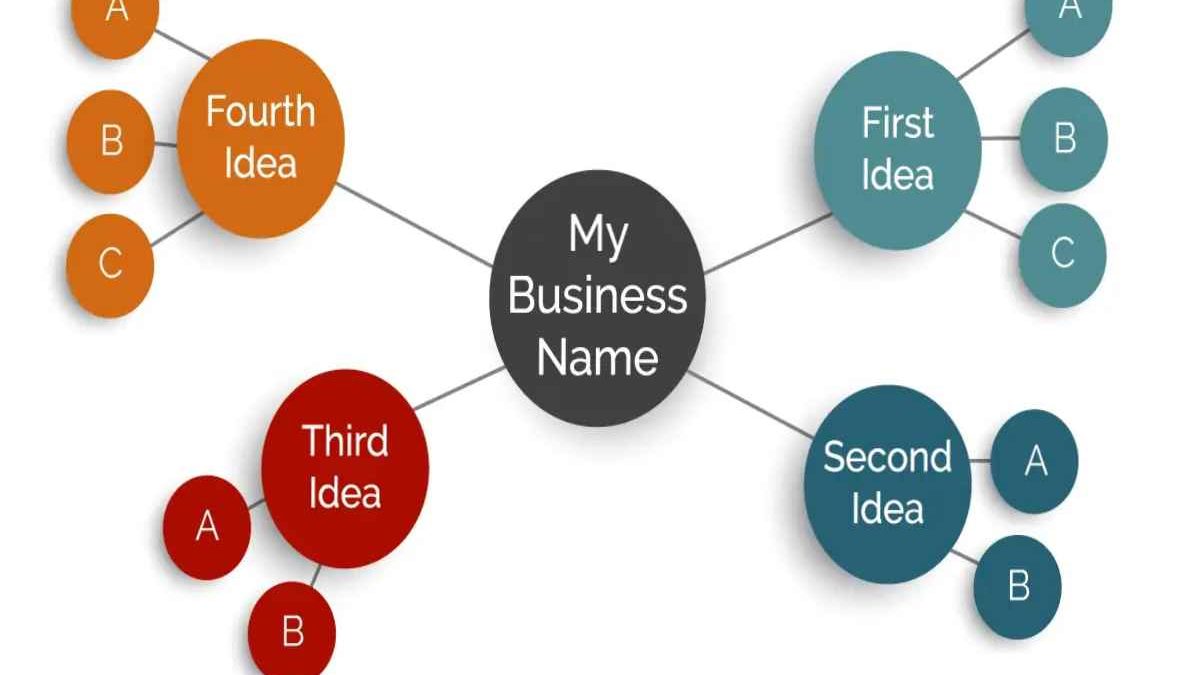Table of Contents
Questions To Ask When Naming A Business
Questions to be asked when naming a business inculcates majorly in a name. When deciding what to call your company, the answer is plenty. A business name can be too broad or too confining. It can be too quirky–or not memorable enough. The challenge is to pick a name that’s catchy, but also fits well with your particular type of business.
Naming a business can arguably be one of the most challenging aspects of branding/re-branding or launching a new company. A business name is what customers will see first, think about when they remember their interaction with the business, and talk to their friends and family about after the fact. A business name can be too broad or too confining. It can be too quirky or not memorable enough. Creating the perfect combination of something simple, yet memorable, and captures the true essence of your brand may feel like an impossible task.
Imputing Questions
As you decide what to call your startup or new small business, ask yourself the following questions:
What Do I Want A Name To Accomplish For My Company
A name can help separate you from competitors and reinforce your company’s image, says Steve Manning, founder of Sausalito, Calif.-based Igor, a naming agency. He suggests clearly defining your brand positioning before choosing a name, as Apple did to differentiate itself from corporate sounding names like IBM and NEC. “They were looking for a name that supported a brand positioning strategy that was to be perceived as simple, warm, human, approachable and different,” Manning says.
Should The Name Of My Company Indicate The Type Of Business
Restaurants can get away with seemingly obscure names: Nobu is named for its founder, Nobu Matsuhisa. Le Bernardin comes from the French folk song “Les Moines de St. Bernardin” about an order of monks who rejoiced in food and drink.
But a daycare facility called, say, “Caribou” probably cannot get away with an obscure name. While that might seem obvious, consider how many businesses you see with seemingly made-up names. Certain names might seem cool, trendy or have personal meaning to the founder. (After all, your business is your baby.)
But not if the name gets in the way of attracting customers and building a brand.
Does the Name Make Sense For My Business
For most companies, it’s best to adopt a name that provides some information about their products and services. That doesn’t mean it can’t also have a catchy ring. Lawn and Order, for example, is a good name for a landscaping business because it gets people’s attention and also clearly relates to the company’s services, Zwilling says. While unusual words like Yahoo and Fogdog sometimes work, quirky names are always a crapshoot.
Do I Want My Business To Be A Reflection Of Me
You are your business, especially during the startup phase: Your skills, experience and reputation matter. But as your business grows, you become less important. You can’t do everything. (You shouldn’t want to do everything.) Ultimately, your business becomes bigger than you — your brand becomes the sum total of your employees, systems and products.
Imagine Bernard Marcus and Arthur Blank had named their store “Bernie and Art’s Hardware” instead of what they eventually chose: “The Home Depot.” If you plan for your business to outgrow you, consider calling it something that doesn’t include your name.
What Five Words Would Best Describe Your Business Tone?
Think about your brand voice and write out a long list of character traits you would use to describe your brand. Gather a group together and work together to narrow it down to 5 key words that stand out. Use these words as inspiration for naming a business and use them as drivers for enhancing brand positioning.
How will Potential Customers First Encounter Your Name?
Some naming experts believe there are exceptions to the easy-to-spell rule, especially if most people will see your name for the first time in a print or online ad. For example, consider Zulily, the online company offering daily deals for moms, babies and kids. “If you just heard that name, you might not guess how to spell it, but the company’s aggressive online ad campaign has meant that most people first see it spelled out,” says Chris Johnson, a naming consultant in Seattle and author of The Name Inspector blog, who came up with the name Zulily. “The payoff is that the unusual sound and spelling of the name have helped them create a very distinctive brand.”
Have I Conducted A Proper Trademark Search?
A great name is worthless if someone else already has laid claim to it. Start with some free resources like Trademarkia.com or USPTO.gov to do a cursory search to see if the name is already in use. Then, hire a trademark attorney to do a more thorough screening, and if the name isn’t taken, to register it with the U.S. Patent and Trademark Office. “Get it right the first time,” Watkins says. “A third of our business comes from companies who are being threatened with trademark infringement.”
Is The Name Easy to Spell And Pronounce?
This may seem like a given but some companies purposely select names that consumers can’t easily spell or pronounce. It’s a risky strategy and many would recommend against it. If the name looks like a typo or sounds like a mistake, take it off the list. It’s also important to spell the name exactly as it sounds, or you will forever have to battle spelling it out for people.

